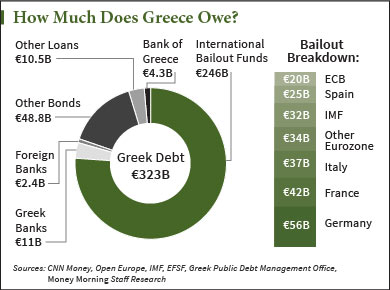Donald Trump is
throwing the GOP primary into chaos
by channeling the GOP’s id, spinning out wild fantasies of the Mexican
government deliberately sending a flood of rapists and murderers across
the border.
But Bernie Sanders is disrupting Hillary Clinton’s
coronation on the Democratic side by channeling the party’s soul, with a
specifically issue-based focus.
In
a way, both men are vividly illustrating a basic asymmetry that runs
through American politics—between left and right, liberal and
conservative, Democrat and Republican—which was first comprehensively
described by public opinion researchers Lloyd Free and Hadley Cantril in
their landmark 1967 book, “
The Political Beliefs of Americans: A Study of Public Opinion,” and which political scientist Matt Grossman discussed
in a recent Salon interview.
Free and Cantril found that half the population was ideologically
conservative, in the sense of preferring a smaller, more limited
government, while about two-thirds was operationally liberal, in the
sense of wanting to spend more on specifically identified government
programs.
Subsequent research has intensified this division.
Conservatives win by making broad, sweeping appeals, which can often
have little relationship with the facts (Iraq’s WMDs, “voter fraud,”
global warming denialism, etc.). Liberals win by focusing on how to fix
specific problems. Thus “government spending” in general is seen as a
negative, but spending on most specific programs is strongly supported.
The pattern is clear: The more practical the question, the more liberal
the answers. That’s just how U.S. politics works.
Trump takes the
conservative side of this formula to an extreme, making broad, ludicrous
false claims in his narcissistically self-confident manner. What’s
grabbing headlines now are his false claims about illegal immigrant
crime, but he remains completely detached from reality regarding Obama’s
citizenship as well—an act of broad stigmatization that also typifies
conservative thought. When NBC’s Katy Tur brought up his birtherism,
Trump treated her with disdain:
“Well, I don’t know. According to you it’s not true.” When she
responded straightforwardly, “He released his birth certificate,” Trump
doubled down on the disdain, “You know, if you believe that, that’s
fine. I don’t care. It’s an old subject.”
Bernie Sanders is the
exact opposite of Trump. As a proud self-described democratic socialist,
he willingly makes himself a target for the kind of demonization that
Trump hands out like candy, and he responds to attacks—actual and
potential—by doubling down on policy specifics, where he correctly feels
he’s on very firm ground. In a
recent interview
with John Nichols in the Nation, Sanders sketched out his response to
such attacks, which are now routinely leveled indiscriminately.
Mitch McConnell, the Republican leader in the Senate, often criticizes
President Obama, incorrectly, for trying to push “European-style
socialism,” and McConnell says the American people don’t want it.
First
of all, of course, Obama is not trying to push European-style socialism.
Second of all, I happen to believe that, if the American people
understood the significant accomplishments that have taken place under
social-democratic governments, democratic-socialist governments, labor
governments throughout Europe, they would be shocked to know about those
accomplishments. One of the goals of this campaign is to advance that
understanding….
How many Americans know that in virtually every European
country, when you have a baby, you get guaranteed time off and,
depending on the country, significant financial benefits as well. Do the
American people know that? I doubt it.
Do the American people even know
that we’re the only major Western industrialized country that doesn’t
guarantee healthcare for all? Most people don’t know that. Do the
American people know that in many countries throughout Europe, public
colleges and universities are either tuition-free or very inexpensive?
Read
more: America is ready for socialism! Massive majorities back Bernie
Sanders on the issues — and disdain Donald Trump - Salon.com

